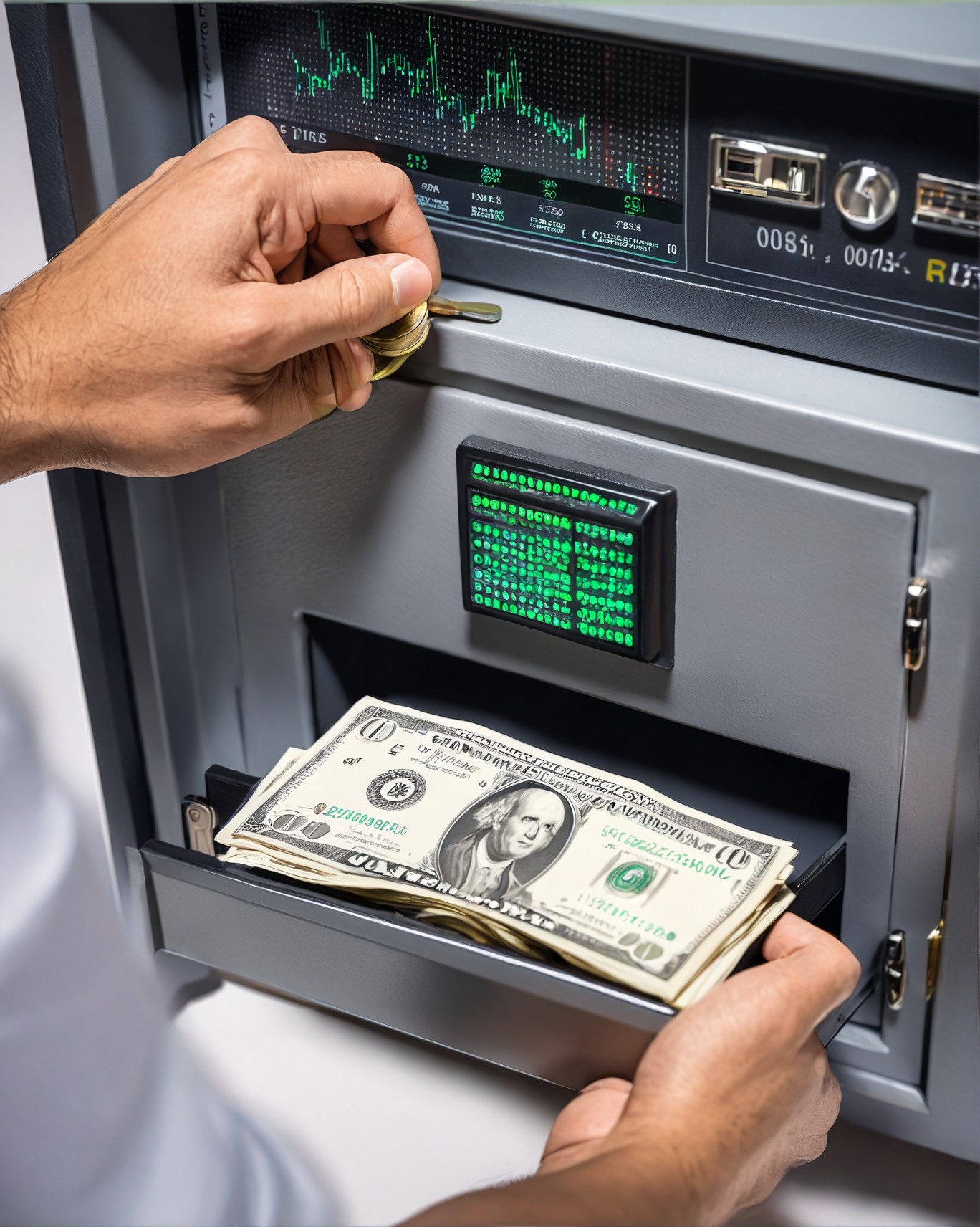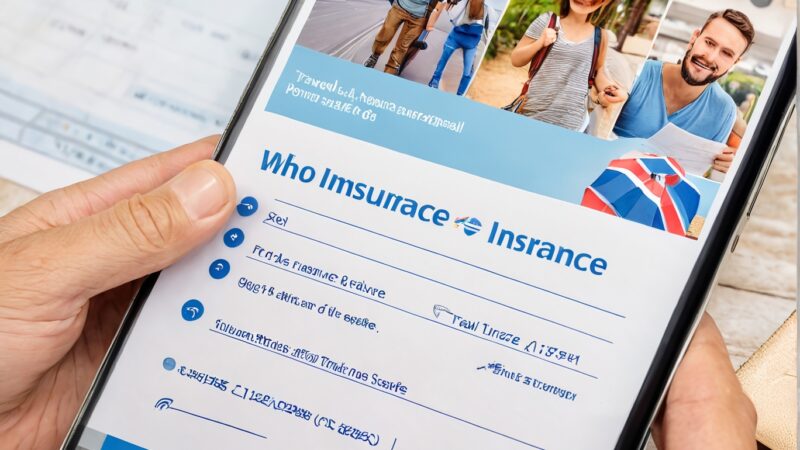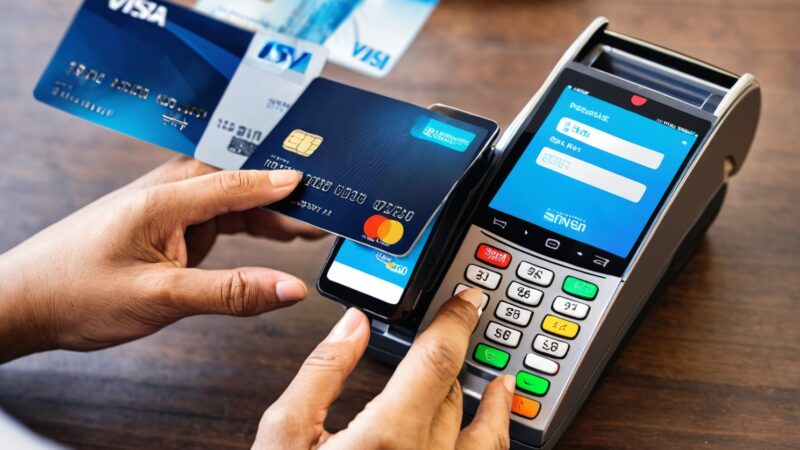Cybersecurity Risks: Protecting Your Finance in the Digital Age

In our hyper-connected world, managing finances online is more convenient than ever, but it comes with its own set of dangers. Whether you’re checking your bank account, shopping online, or investing in cryptocurrencies, your financial data is exposed to a host of cybersecurity risks. And let’s face it—cyber criminals are getting more sophisticated. If you’re not careful, your personal and financial information could end up in the wrong hands.
Common Cybersecurity Threats: What’s Out to Get You?
Phishing Scams: Phishing attacks are sneaky, disguised as legitimate emails or messages, tricking you into giving away sensitive info like passwords or credit card details. They often come with a sense of urgency—“Your account has been compromised! Click here to fix it!” Spoiler alert: that link leads you to malware or straight into the scammer’s trap.
Malware Madness: Malware is malicious software that sneaks into your devices through infected links or downloads. This includes viruses, ransomware, and worms, which can lock you out of your files, steal your data, or even destroy it. The best way to fight malware? Don’t invite it in the first place! Data Breaches: From major corporations to small businesses, no one is immune to data breaches. Hackers get access to your most sensitive info—like your credit card numbers, passwords, or even your social security number—then either use it or sell it on the dark web.
Identity Theft: Ever wonder what happens when someone steals your identity? Fraudsters can open credit cards in your name, take out loans, and ruin your credit score. Rebuilding your financial life afterward can feel like an uphill battle.
Protecting Your Finances: Steps to Keep Your Money Safe
Super Strong Passwords, Always! Think of your password as the key to a vault. It needs to be tough to crack. Avoid obvious choices like your birthday or “password123.” Use a combination of uppercase, lowercase, numbers, and special characters. Better yet, use a password manager to generate and store complex passwords for you.
Two-Factor Authentication: Your New BFF Two-factor authentication (2FA) adds an extra layer of security. Even if a hacker gets your password, they’d still need a second form of ID—like a code sent to your phone—to access your account. Always turn it on when available.
Phishing? More Like FISHY!
Be skeptical of emails or messages asking for personal info. Look closely at the sender’s email address, and never click on suspicious links. If in doubt, go directly to the source—type in the website URL yourself.
Keep Your Software Up to Date
It’s tempting to hit “Remind me later” on software updates, but don’t. Those updates often contain important security patches to defend against new threats. Make sure your operating system, browser, and antivirus software are always current.
Check Your Accounts Like a Hawk
Monitoring your bank and credit card statements regularly is key to spotting fraudulent activity early. If something doesn’t look right, contact your bank immediately. It could be the first sign of a bigger problem.
Secure Your Wi-Fi Connection
Public Wi-Fi may be convenient, but it’s also a hotspot for hackers. Avoid conducting sensitive transactions, like online banking or shopping, over public networks. If you must use public Wi-Fi, make sure you’re connected through a Virtual Private Network (VPN) for an added layer of security.
Back It Up!
Regularly backing up your important data is your safety net if you’re ever hit by a cyberattack. If malware takes over or your data gets corrupted, you’ll have a clean backup to restore from.
Stay Safe, Stay Smart
Cybersecurity risks aren’t going away anytime soon. As we continue to integrate technology deeper into our financial lives, staying informed and vigilant is critical. By implementing these strategies, you can significantly reduce the risk of falling prey to cybercriminals and keep your hard-earned money safe. Remember, your best defense is a good offense—stay one step ahead of the bad guys.






